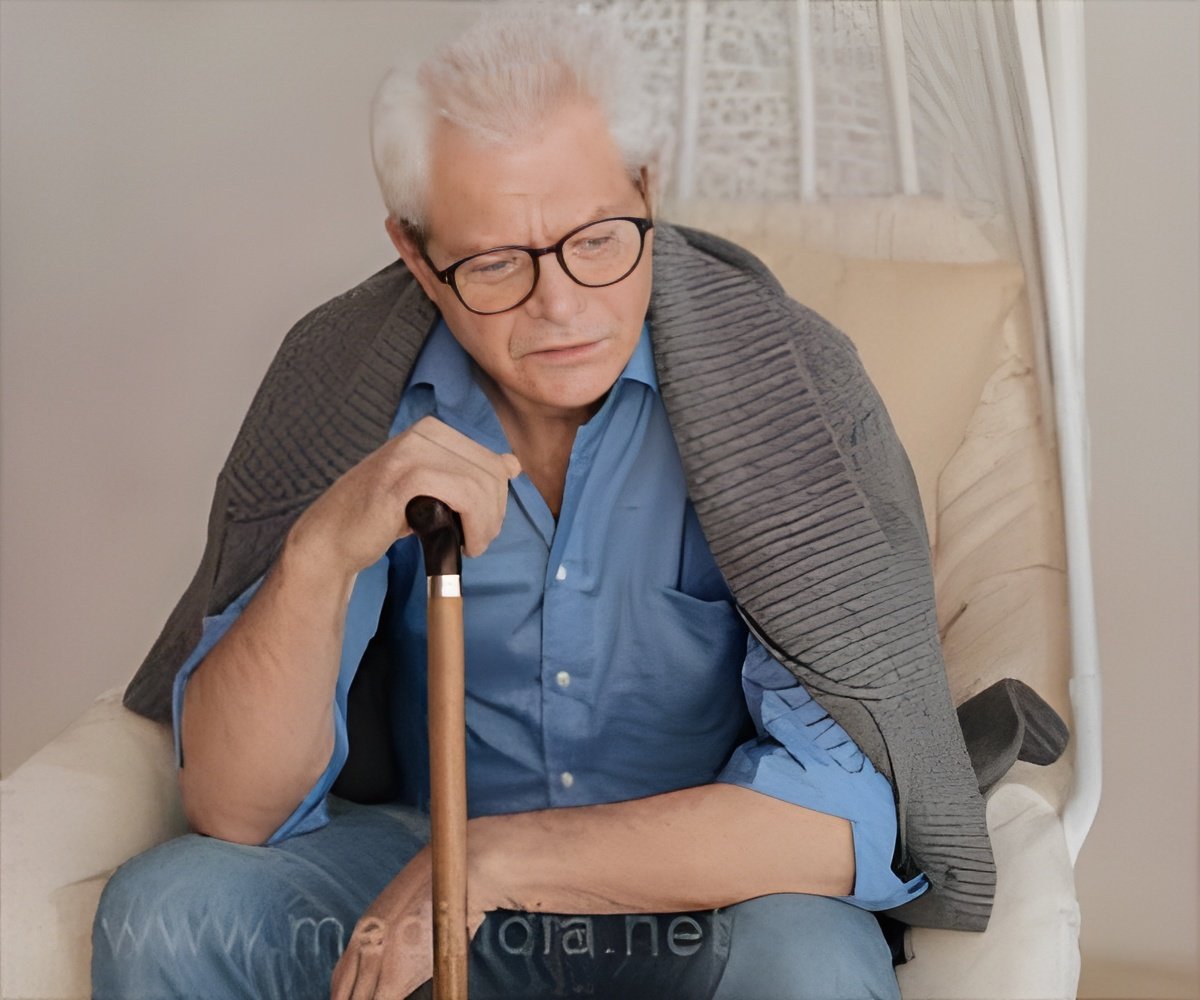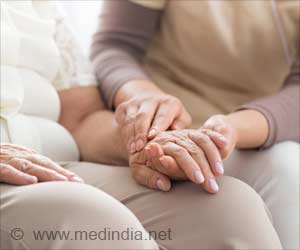
‘Probiotic bacteria that synthesize the dopamine precursor L-DOPA — an efficient standard treatment for Parkinson’s disease have been engineered by scientists.’
Tweet it Now
Hence, the present study used newly developed synthetic biology and genetic engineering techniques to generate a safe and tolerable probiotic bacterium that can synthesize L-DOPA from tyrosine produced by the body in animal models. “After several iterations and improving gut microbiome-based drug delivery technology, we have developed a gut-healthy probiotic bacteria that can produce stable levels of L-DOPA in a way that can be highly tuned to deliver the dose required for each patient,” says Padhi, a doctoral student in Dr. Anumantha Kanthasamy’s lab, University of Georgia (UGA).
“We are hoping that our continuous, non-pulsatile microbial-based delivery method for L-DOPA limits the development and progression of levodopa-induced dyskinesia. We are currently exploring using this approach to deliver treatments for other conditions such as Alzheimer’s disease and depression and are in process of initiating FDA approval for clinical testing of this novel gut microbiome therapeutic technology,” says Anumantha Kanthasamy, PhD, professor and Johnny Isakson Chair, Georgia Research Alliance Eminent Scholar at the University of Georgia (UGA) in Athens, GA, who also directs UGA’s Center of Brain Science and Neurodegenerative Disease.
Source-Medindia















